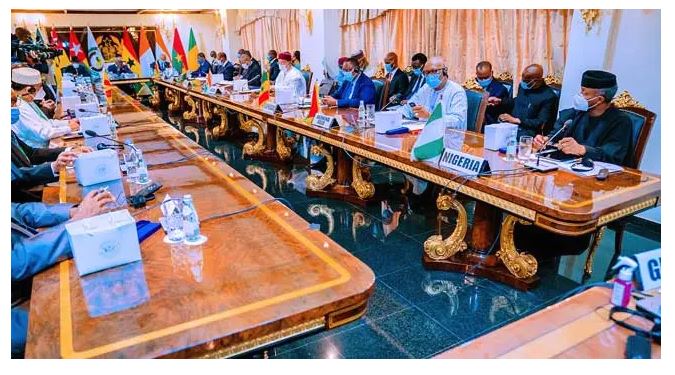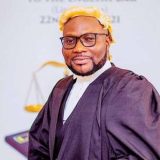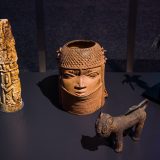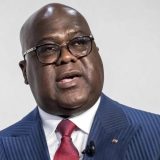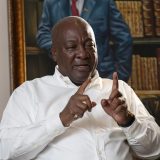The second year of President Akufo-leadership Addo’s as the head of the West African bloc comes to a close today in Accra during the ECOWAS Summit.
ECOWAS leaders gathered to discuss efforts to secure timelines and other guarantees for the restoration of civilian authority in Mali, Guinea, and Burkina Faso.
Mali saw coups in August 2020 and May 2021, with Guinea and Burkina Faso following in September 2021 and January 2018 respectively.
ECOWAS has slapped severe trade and economic sanctions against Mali, but less severe measures against Guinea and Burkina Faso out of concern about contagion in a region known for military coups.
The summit will be dominated by a review of a month-long effort to pressure the juntas to set an early deadline for going back to their barracks.
In response to Mali’s military administration announcing plans to rule for five years, ECOWAS slapped a trade and financial embargo on the country in January.
No choice was made for the three nations during the summit on June 4.
The 15-member bloc, according to Ghanaian President Nana Akufo-Addo, was dedicated to assisting the three nations’ restoration to democratic order and will make the necessary decisions after learning about their progress, he said in his opening remarks to the summit on Sunday.
The sanctions have had a significant negative impact on landlocked, impoverished Mali, whose economy has already been severely strained by a ten-year jihadist war.
The Malian government on Wednesday accepted a plan to hold presidential elections in February 2024 after months of contentious negotiations.
Legislative elections will take place in the latter part of 2023, after a referendum on a new constitution is held in March 2023.
Former Nigerian president Goodluck Jonathan, the ECOWAS mediator in Mali, paid a visit to the nation last week. His entourage member told AFP that Mali has made “enormous progress.”
Abdoulaye Diop, Mali’s chief diplomat, claimed on Friday that the nation was coming closer to the sanctions being lifted as a result of recent political changes.
A new electoral legislation that was passed on June 17 that allows a military official to run for president could prove to be a sticking point in the negotiations.
Transition in Guinea is “unthinkable”
Guinea and Burkina Faso, two additional Sahel nations embroiled in Islamist unrest, have so far merely been suspended from the 15-nation bloc’s committees; however, they may soon be subject to more severe measures.
A constitutional referendum and parliamentary and presidential elections in Burkina Faso have been suggested for December 2024 and February 2025, respectively.
On Saturday, ECOWAS mediator Mahamadou Issoufou paid his second visit to Ouagadougou in a month and commended the government and junta commander Lieutenant Colonel Paul-Henri Sandaogo Damiba for their “openness to discussion.”
The former president of Niger stated that the timeline for enabling a restoration to civilian administration and the circumstances surrounding ousted leader Roch Marc Christian Kabore were also discussed.
On Friday, Kabore-aligned political parties criticized the junta’s plans, claiming they were not informed beforehand.
Guinea’s junta has rejected an ECOWAS mediator and announced a 36-month transition period, which African Union head and Senegalese President Macky Sall has called “unthinkable.” The situation there appears to be more complicated.
At a meeting on June 4, ECOWAS decided not to take a position on penalties and instead granted itself another month to negotiate.
This week, Guinea took the helm in a diplomatic push to allay the worries of regional authorities.
On Saturday, Mahamat Saleh Annadif, the UN special representative for West Africa and the Sahel, met with Mohamed Beavogui, the nation’s post-coup prime minister.
The administration claimed it wished to reaffirm its commitment to a peaceful and inclusive democratic transition to its ECOWAS “brothers.”
The military government in Guinea met with the country’s major political parties on Monday, but they have made it clear that they will only take part in the discussion if an ECOWAS mediator has been named.
